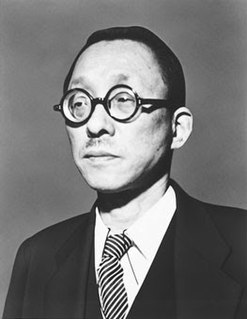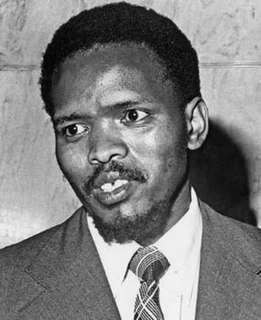A Quote by John Kessel
Never underestimate your players; they can do it with enough game-like practice. Coaches must put more emphasis in practice and in life on making student-athletes aware of what they could or can do, rather than what they couldn't or presently can't do. The focus must be on solutions, not problems; what is wanted, not what is feared.
Related Quotes
One of my constant reminders was, "End practice on a happy note." I wanted the boys to want to come out to practice, and I wanted them to get a certain amount of pleasure out of basketball. It's a game. It should be fun. So I always tried to counterbalance any criticism in practice with a bit of praise. I wanted my players to feel that the worst punishment I could give them was to deny them the privilege of practicing. If they did not want to practice, I did not want them there.
The common belief that coaches must be abusive to be successful is a myth. Research shows that if you find a task fun, you'll perform better. If more coaches took . . . a Golden Rule approach to coaching, treating their players the way they themselves would like to be treated, fewer athletes would drop out of sports in their teens, and more athletes at every level would be happier and more satisfied.
If I can't practice, I can't practice. It is as simple as that. I ain't about that at all. It's easy to sum it up if you're just talking about practice. We're sitting here, and I'm supposed to be the franchise player, and we're talking about practice. I mean listen, we're sitting here talking about practice, not a game, not a game, not a game, but we're talking about practice. Not the game that I go out there and die for and play every game like it's my last, but we're talking about practice man. How silly is that?
Once you have a plan, you must sell it to the players. It is not enough to put it on the blackboard and say, 'Okay, here it is.' You have to convince the players that the plan is a good one and show them, in specific ways, why it will work. If you do, you send them out to the practice field with more confidence.
We must learn to outgrow our egos in exchange for constructive dialogue rather than debate. In addition, we must be capable of stating problems and proposing solutions clearly and succinctly, without distortion of meaning or misunderstanding, even when these solutions are radically opposed to accepted norms.
We're sitting in here, and I'm supposed to be the franchise player, and we in here talking about practice. I mean, listen, we're talking about practice, not a game, not a game, not a game, we talking about practice. Not a game. Not, not... Not the game that I go out there and die for and play every game like it's my last. Not the game, but we're talking about practice, man. I mean, how silly is that?.. And we talking about practice. I know I supposed to be there. I know I'm supposed to lead by example... I know that... And I'm not... I'm not shoving it aside, you know, like it don't mean anything. I know it's important, I do. I honestly do... But we're talking about practice man. What are we talking about? Practice? We're talking about practice, man.
I am very athletic, actually, and I'm good at most sports. But I was never a successful athlete, because I have a lot of trouble with authority. To be a good athlete, you have to have sort of a military attitude. You have to enjoy being coached, and that was not something I ever liked. But more than that, I don't like practice, and coaches hate anybody that doesn't like practice. If you saw me throwing a football, you'd say, "Wow, he knows how to throw a football." But put me on a field, I'm not gonna stand out.

































